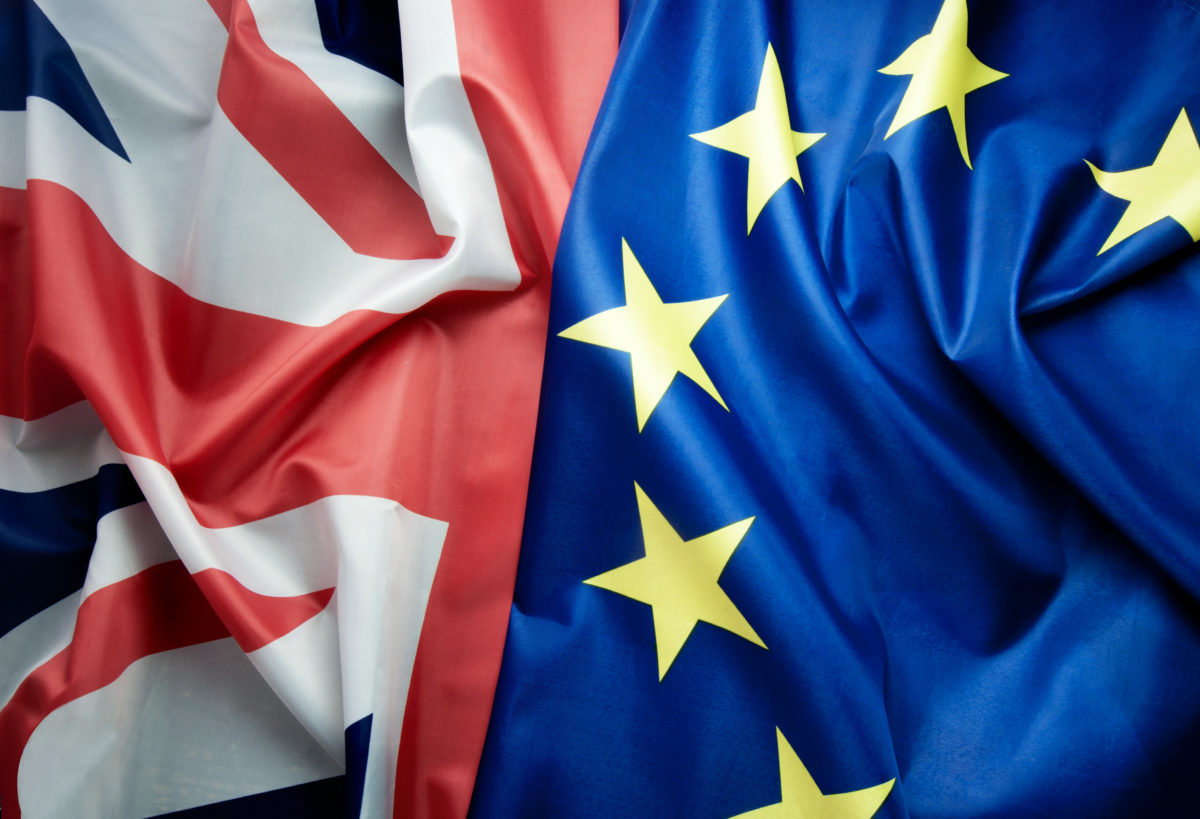The Brexit Debate: a view for those choosing to leave

Guest piece by Modwenna Rees-Mogg, founder & CEO of AngelNews and Pitching for Management.
The buccaneering spirit of many of the proponents of the Leave Campaign is only a reflection of something that is core to the DNA of the British people. It comes as no surprise that so many successful and strong people see the Referendum as an opportunity to release our nation from the shackles of the latest European empire, especially in the context that funding an empire costs. Our economic cycle remains out of sync with our close geographic neighbours so the drag of that cost remains visible. Buccaneers see opportunity where others see fear. Challenges are enabling rather than paralysing. The European Union may be 500 million but the global population is 14x that number. We are masters of trade and perhaps, more importantly, diplomacy, or should I say, negotiation. We can win and will win better by doing things on our own terms.
It is not as if we share a common language or legal system with continental Europe– things that might naturally give us a reason to prioritize Europe over, for example, the Commonwealth or indeed North America. Historically, whenever a European Empire has gained influence and power over us, we have tried it out, found it wanting and eventually rejected it. Our spirit is bolstered by the fact that we retain a military strength that makes defence of ourselves or our allies feasible in the almost inevitable situation that we will once again find ourselves embroiled in a serious, sticks and stones, war on the continent at some point in the future.
In a world which has been brought closer than ever before by technology, our neighbours are no longer just those located close to us geographically, they are those who want like us to make the world richer for all. And if we believe that some hold us back from dealing with others who might give us more opportunity, why would we choose that route?
Democracy matters. We do have democracy in Europe – after all we vote for MEPs who pass legislation in the European parliament. The problem is that the process by which we achieve democracy has been distorted by the over weaning power of the European Commission in setting which legislation should be presented to that parliament. It is the process not the structure that is undemocratic. And there is no apparent mechanism to change that situation, which is worrying where the direction of travel appears to be for ever greater Union.
Sovereignty is another matter. We cannot be sovereign economically if we want to trade internationally. In the context of the EU or the WTO all parties have to compromise to create the most mutually beneficial terms of trade. We can however be more sovereign if we remove ourselves from the European Union. Just as England, Scotland, Wales or indeed Northern Ireland can be more sovereign if any one removes itself from the United Kingdom. With that sovereignty, crucially, we can opt NOT to trade or fight or invite others to cross our hearths unless we want to. That is our advantage as an island. If necessary we can deploy our people to guard every beach, port and inlet to keep out invaders, only admitting our friends. We can also set sail from our shores to conquer new opportunities.
The chances are that the average man on the street will see little effect in their wallet or on their lives in the short or medium term whether we leave or stay, but for the wealthy or aspirational “buccaneer” there is no question. The impact of regaining political sovereignty and wresting back the process of democracy means we regain our lives. With that power we do things that should ensure our people will be freer and all our wallets, but especially the wallets those who want to grasp opportunity, will fatten.